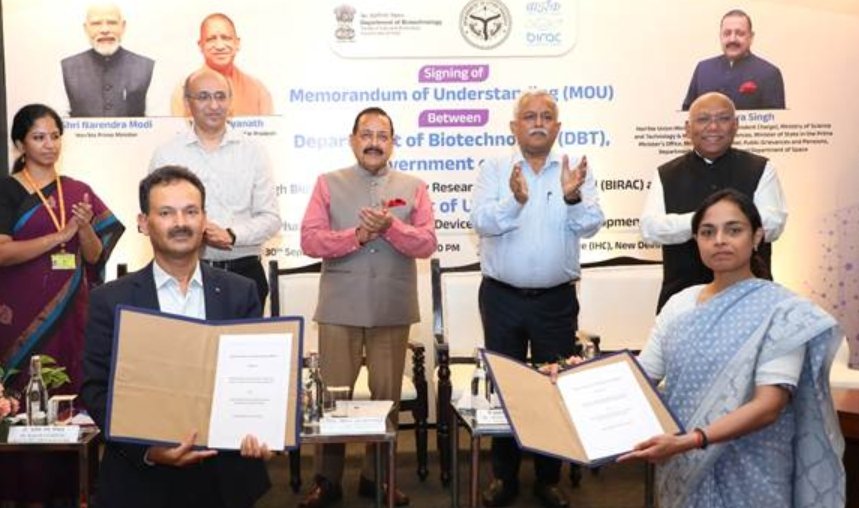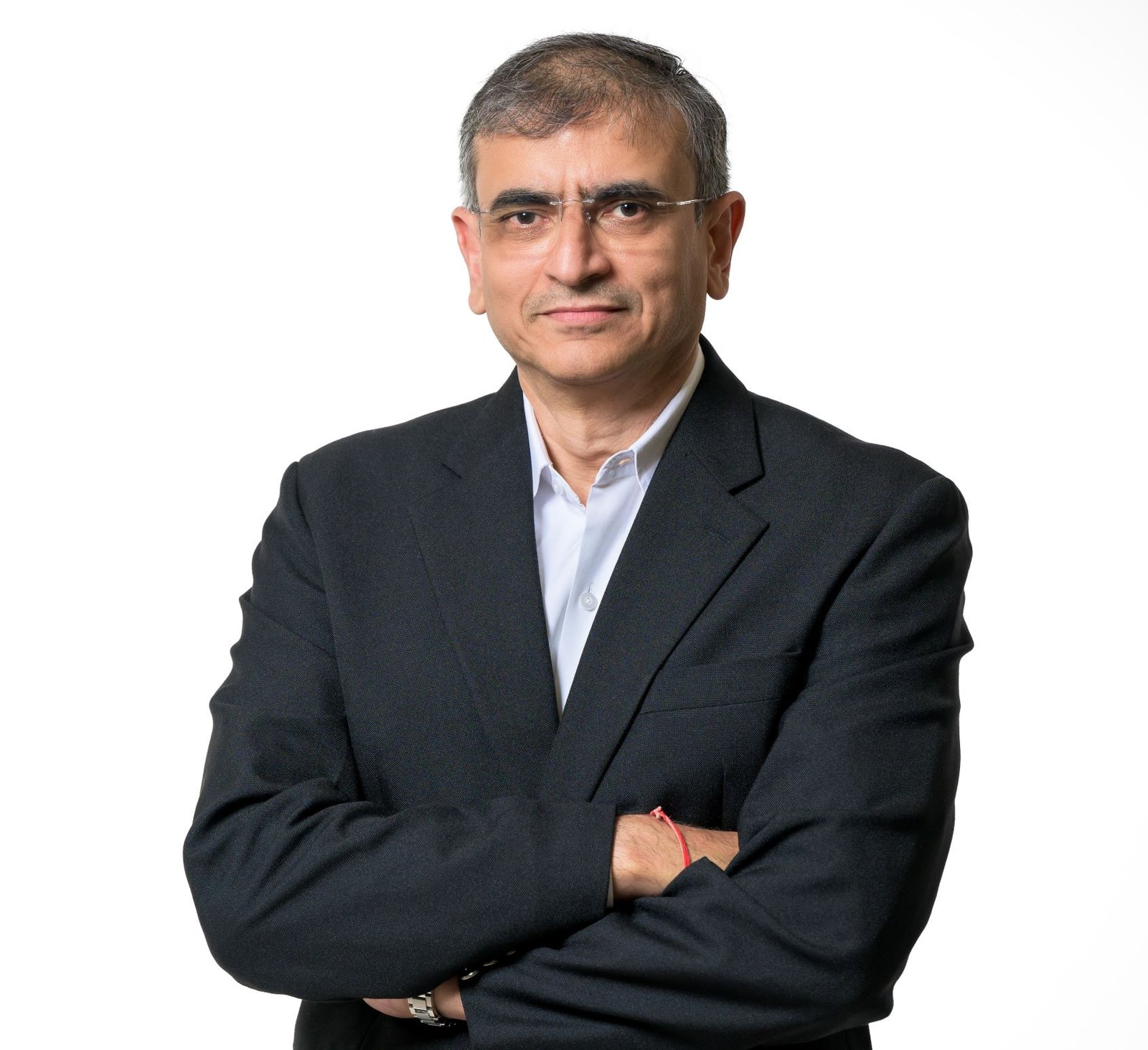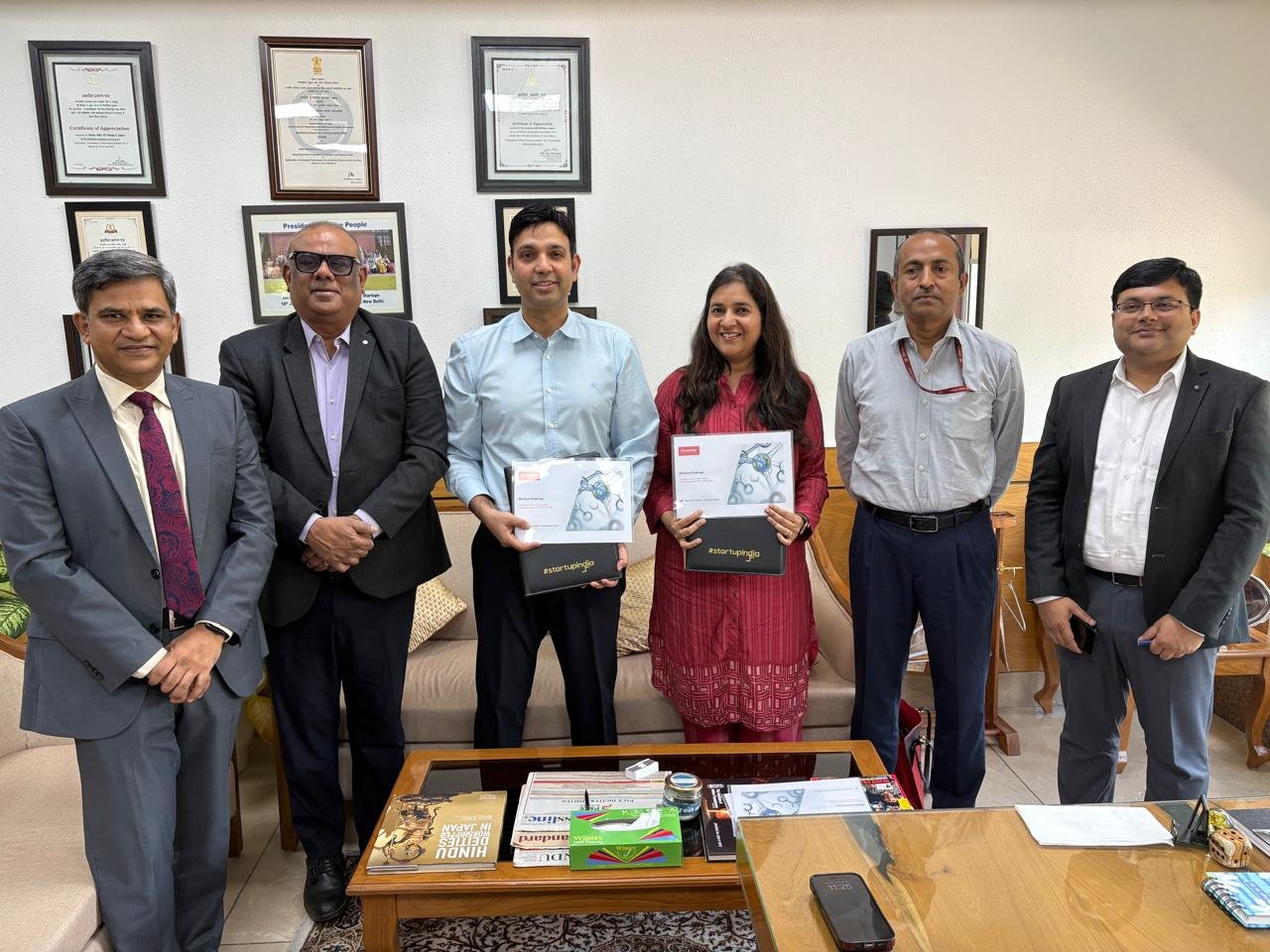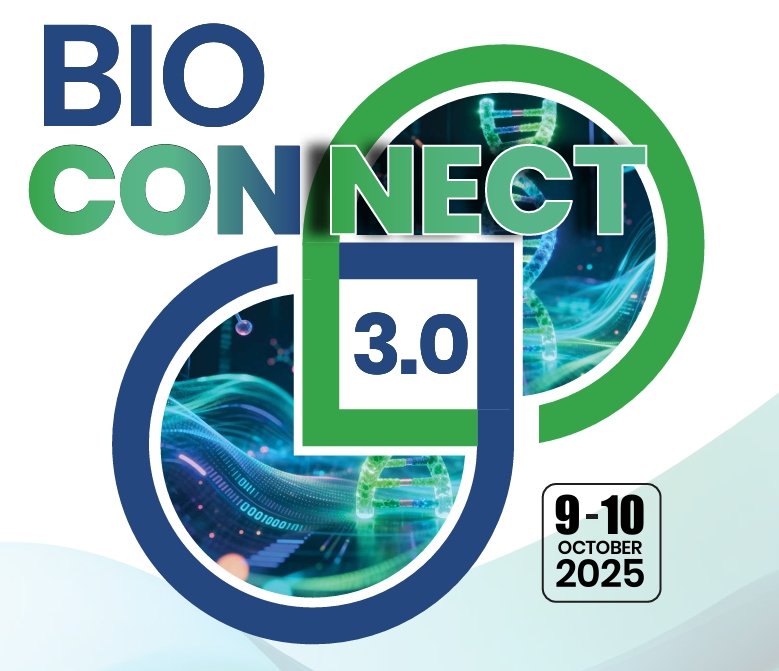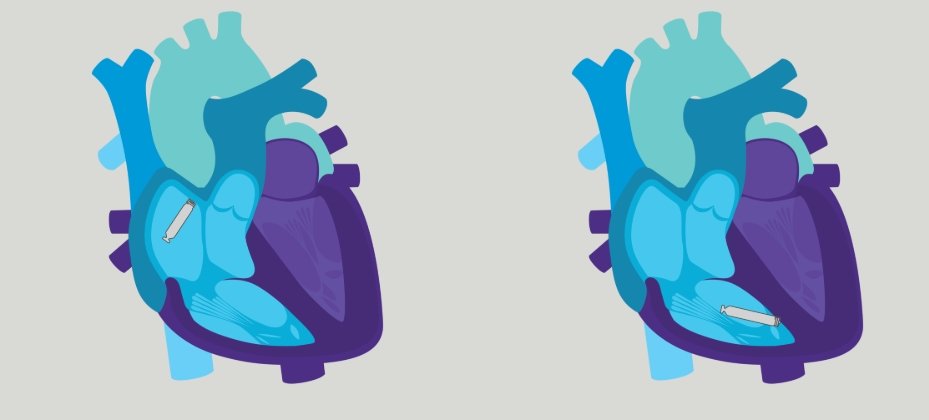Dr Natesh: Evolving with time is crucial
December 11, 2012 | Tuesday | Interviews | By Rahul Koul Koul
Dr Natesh: Evolving with time is crucial
Dr S Natesh speaks to BioSpectrum about the shift in the research fundings and the role of bioclusters.
Please elaborate about the successful international collaborations? What about bringing bright researchers back to India?
We have had an opportunity to facilitate fruitful collaborations with various partner nations such as the US, UK, Finland, Germany, Australia, Canada, and Israel, to name a few. The collaborations have now moved from being only the government-government to government-philanthropic and government-industry to industry-industry. This shift will surely help to broaden the number of exchanges and eventually the outcomes. As an example, Wellcome Trust-DBT joint initiative has been doing a fantastic job by supporting and nurturing the biomedical research in India by offering early career, intermediate and senior fellowships to researchers who are Indian nationals overseas citizens of India. Another initiative, the Ramalingaswamy fellowship, which having undergone five rounds, has so far been awarded to 130 deserving researchers from abroad. It will surely give the budding researchers the confidence to return and do something for their motherland.
What is the role that bioclusters would play in future?
We have to understand that evolving with time is a necessity. The bioclusters are an important step towards ensuring the perfect model of collaborative research for future. One of them in form of Faridabad biocluster has the Regional Center for Biotechnology and Indian Institute of Technology, Delhi for education and imparting engineering skills receptively. It also has the National Institute of Plant Genome Research center for plant biotechnology along with All India Institute of Medical Sciences (AIIMS) establishing a center for medical biotechnology.
All this has never happened before and this bench to bedside approach will surely open new possibilities for future. It is important to have a mix of both basic and translational research. Fortunately we are treading on a right path.



